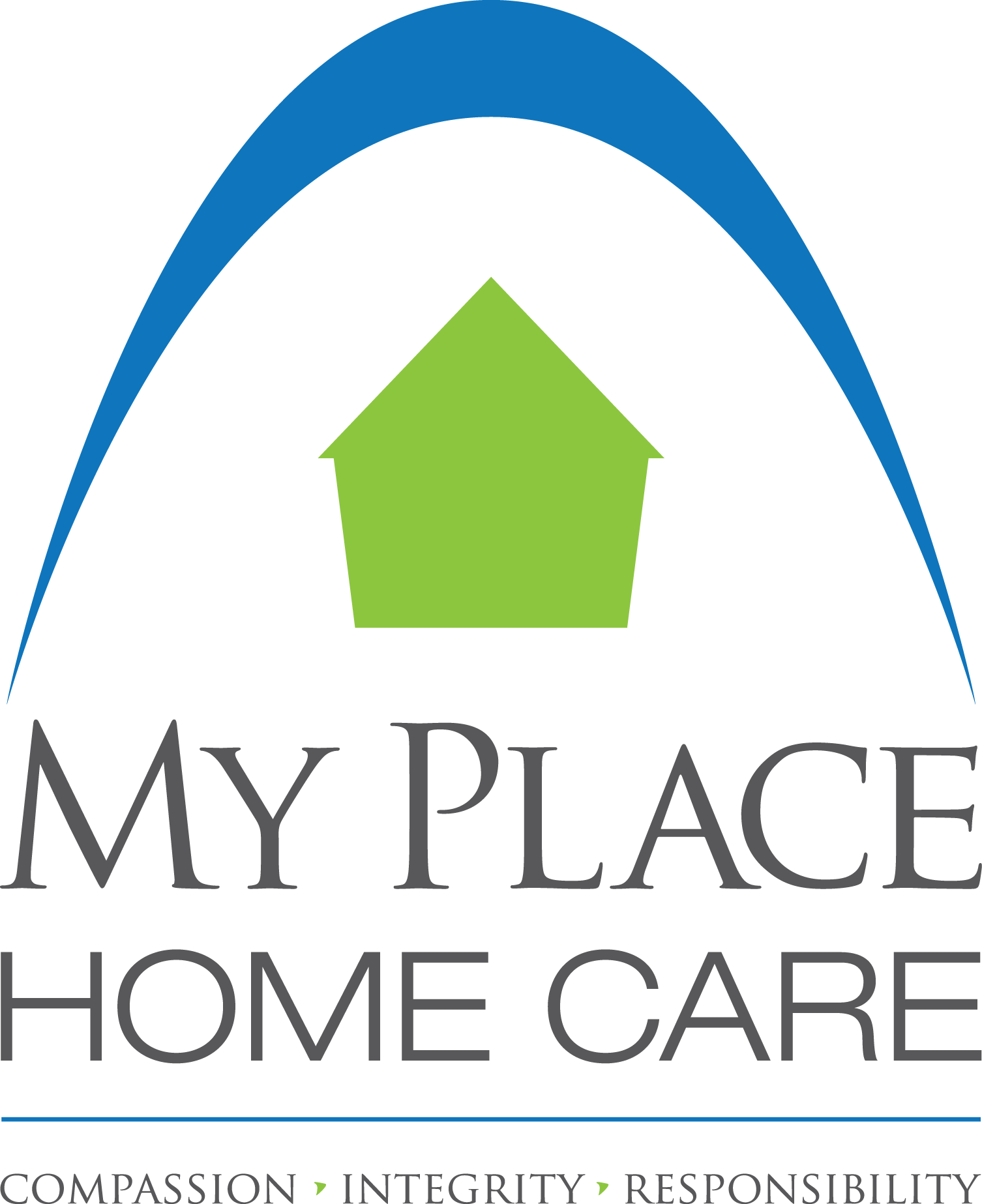
THE DIFFERENCE BETWEEN HOME CARE AND MEDICAL CARE
Home care and medical care are two distinct types of services that cater to different needs, particularly for older adults or individuals with chronic conditions. Understanding the difference between these services can help individuals and families make informed decisions about the type of care that best suits their needs.
Home Care
Definition: Home care refers to non-medical services provided in an individual’s home to assist with daily living activities. These services are often provided by caregivers or aides who are not medically trained but have the skills and experience to support daily needs.
Types of Services:
- Personal Care: Assistance with activities of daily living (ADLs) such as bathing, dressing, grooming, and toileting.
- Companionship: Providing social interaction, engaging in conversation, and participating in activities to reduce loneliness and improve mental well-being.
- Household Assistance: Help with household tasks like meal preparation, laundry, light housekeeping, and shopping.
- Transportation: Assistance with transportation to appointments, errands, or social activities.
Benefits:
- Increased Independence: Allows individuals to remain in their homes while receiving necessary support.
- Personalized Care: Care plans are tailored to the individual’s needs and preferences.
- Emotional Comfort: Familiar surroundings and the comfort of home can enhance emotional well-being.
Who Provides Home Care?: Home care is typically provided by home care aides, personal care attendants, or companions. These caregivers may work independently or be employed by home care agencies.
Medical Care
Definition: Medical care, also known as healthcare or clinical care, involves services provided by licensed healthcare professionals to diagnose, treat, and manage health conditions. This type of care can be provided in various settings, including hospitals, clinics, and in the home.
Types of Services:
- Skilled Nursing Care: Services provided by registered nurses (RNs) or licensed practical nurses (LPNs), including wound care, medication administration, and monitoring of medical equipment.
- Therapies: Physical therapy, occupational therapy, and speech therapy to help individuals recover from illness or injury, or manage chronic conditions.
- Medical Monitoring: Regular monitoring of vital signs, blood sugar levels, or other medical conditions.
- Palliative and Hospice Care: Specialized medical care for individuals with serious illnesses, focusing on providing relief from symptoms and improving quality of life.
Benefits:
- Medical Expertise: Provided by trained and licensed healthcare professionals with expertise in managing medical conditions.
- Comprehensive Care: Addresses both the physical and sometimes psychological aspects of health.
- Coordination of Care: Often involves collaboration with other healthcare providers to ensure continuity and comprehensiveness of care.
Who Provides Medical Care?: Medical care is provided by licensed healthcare professionals, including doctors, nurses, physical therapists, occupational therapists, and other specialists.
Key Differences Between Home Care and Medical Care
- Scope of Services: Home care focuses on non-medical assistance with daily living activities, while medical care involves clinical services and treatments.
- Care Providers: Home care providers are usually caregivers or aides without medical training, whereas medical care providers are licensed healthcare professionals.
- Settings: Home care is primarily provided in the individual’s home, while medical care can be provided in a variety of settings, including hospitals, clinics, and homes (through home health services).
- Payment and Coverage: Home care services are often paid out-of-pocket or through long-term care insurance, while medical care may be covered by health insurance, Medicare, or Medicaid, depending on the services and the individual’s eligibility.
Choosing the Right Type of Care
When deciding between home care and medical care, consider the individual’s specific needs, the level of care required, and the resources available. In some cases, a combination of both home care and medical care may be necessary to provide comprehensive support. Consulting with healthcare professionals and care coordinators can help in making the best decision for the individual’s health and well-being.

